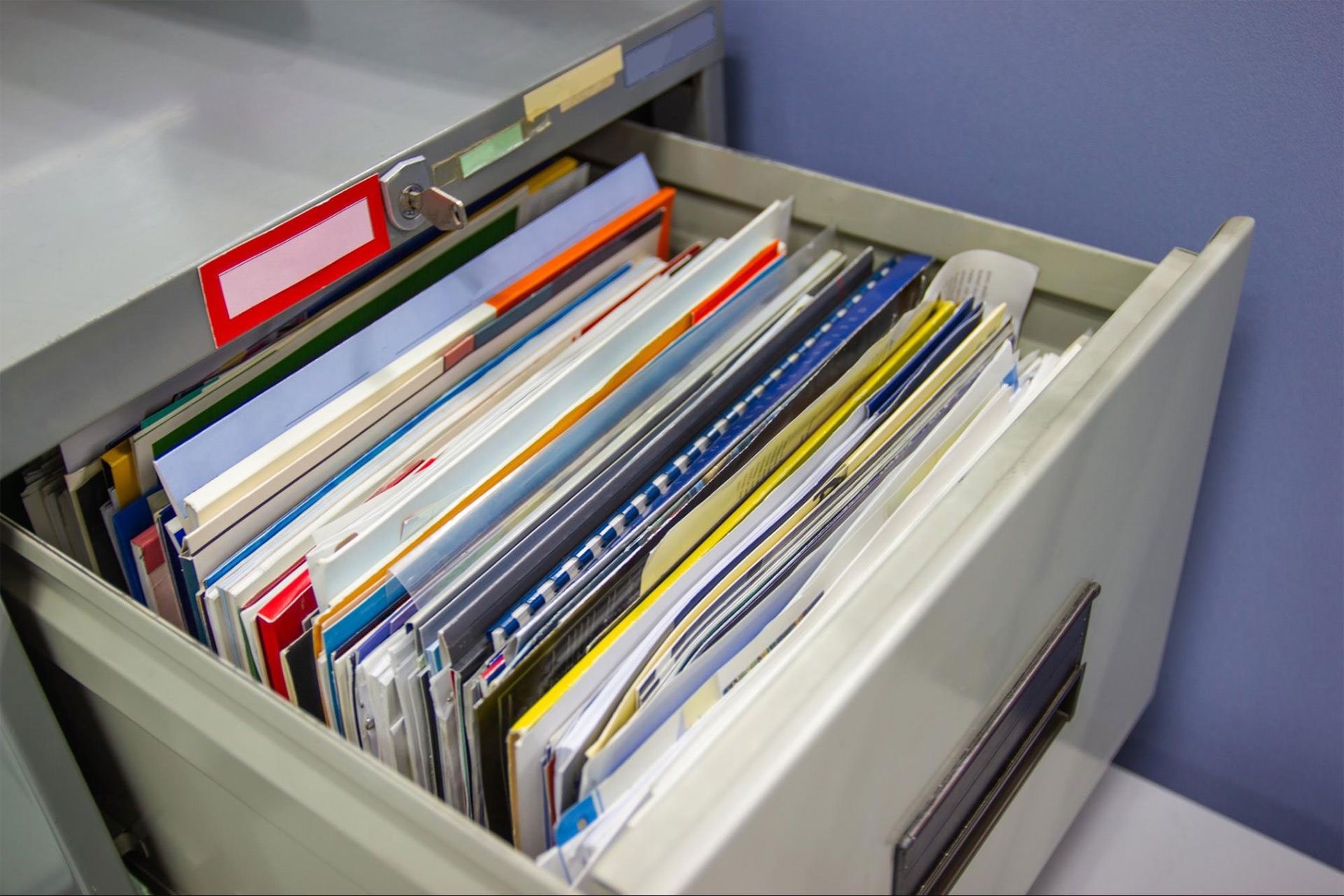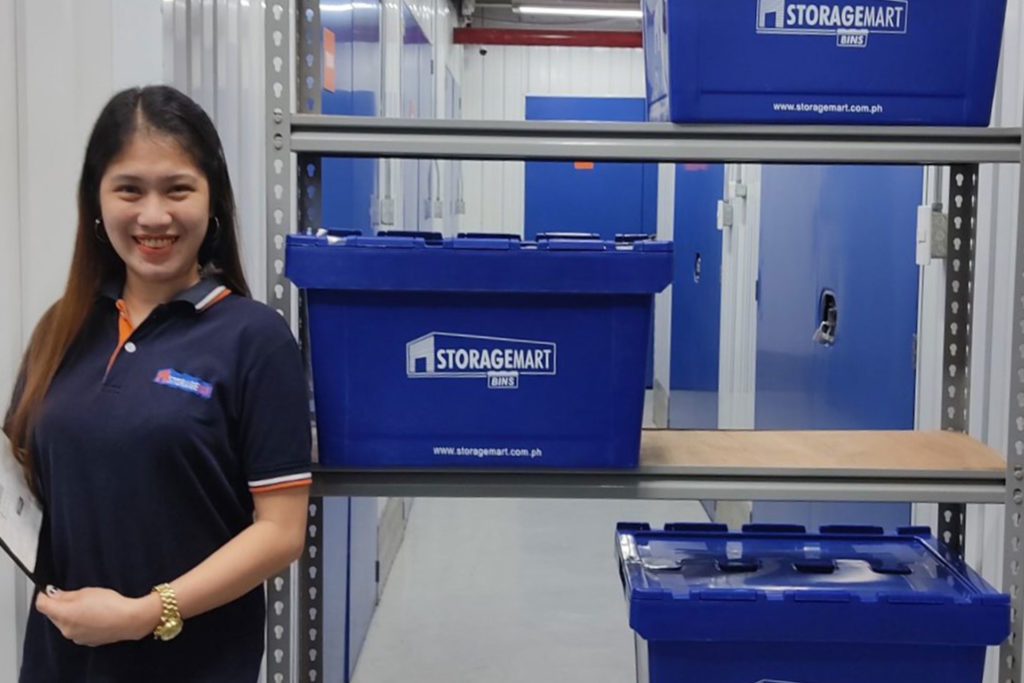We might have not been aware that important business documents should be kept for a certain amount of time. Over the years that the business has been running, paper documents also pile up, so our initial action is to throw them away thinking that they are old and not important anymore. Nothing is wrong in trying to clear out storage space for the business, but we should also know which ones to keep further, especially when it comes to important documents.
How long should I keep them?
In the Philippines, under the amended RR 17-2013 and RR 5-2014 of the BIR (Bureau of Internal Revenue), all books of accounts, including subsidiary books and other accounting records are required to be preserved for a period of up to 10 years the most. These documents should be stored properly over the years and should be intact and untattered until then.
What important business documents do I need to store?
1. BIR Filing and Required Supporting Documents
For the documents mentioned below, you can store them for 3 years after it has been filed. Although, the 3 years that is given can be extended depending on the circumstances, as the government examines the taxpayer’s records. In the event that there will be any failure to file a return or false return with the intent to evade tax, the BIR has authority to further assess the tax documents for a period of 10 years.
- Annual Income Tax Return
- Monthly and Quarterly Returns
- Sales and Invoices,
- Receipts (Issued, Purchased)
2. Business Registration and Transactions
It’s important to keep your business registration and transaction documents for at least 3 years. In some instances it is required for you to present 3 years of your business existence to see your track record or to verify data from previous record to current. Or at times it is requested as a supporting document/proof of your business transactions.
- Business Permit
- BIR Registration
- SEC and DTI Documents
- Business Brgy Clearance
- Client Contracts and Proposals
- By-Laws and Articles of Incorporation (if applicable)
- Others
3. Accounting and Bookkeeping Documents
Like any taxpayer, every business is also expected to store or preserve all accounting-related documents that show transactions made by the business. Take note of the following documents:
- Vouchers
- Registers
- Subsidiary Books
- Recorded Business Transactions (Book of Accounts)
Important business documents will not be called ‘important’ for no reason. Since they are mostly about the financial, registration and transaction records of the company, we would say that it is beneficial and necessary to store them. With this, you would not have to worry about looking for the business transactions that you made during the past years or if you were able to file for tax returns.
Though this may be difficult for some to maintain and upkeep records because of lack of organizing skills, knowledge on importance or even storage space to have them, and this is an opportunity for us to learn and adapt. As we go along with our businesses, we can improve on the handling or even look for people or suppliers that can help us.
As we hope that this article helps you in your business, we can also help you with your storage space needs. Call us!













